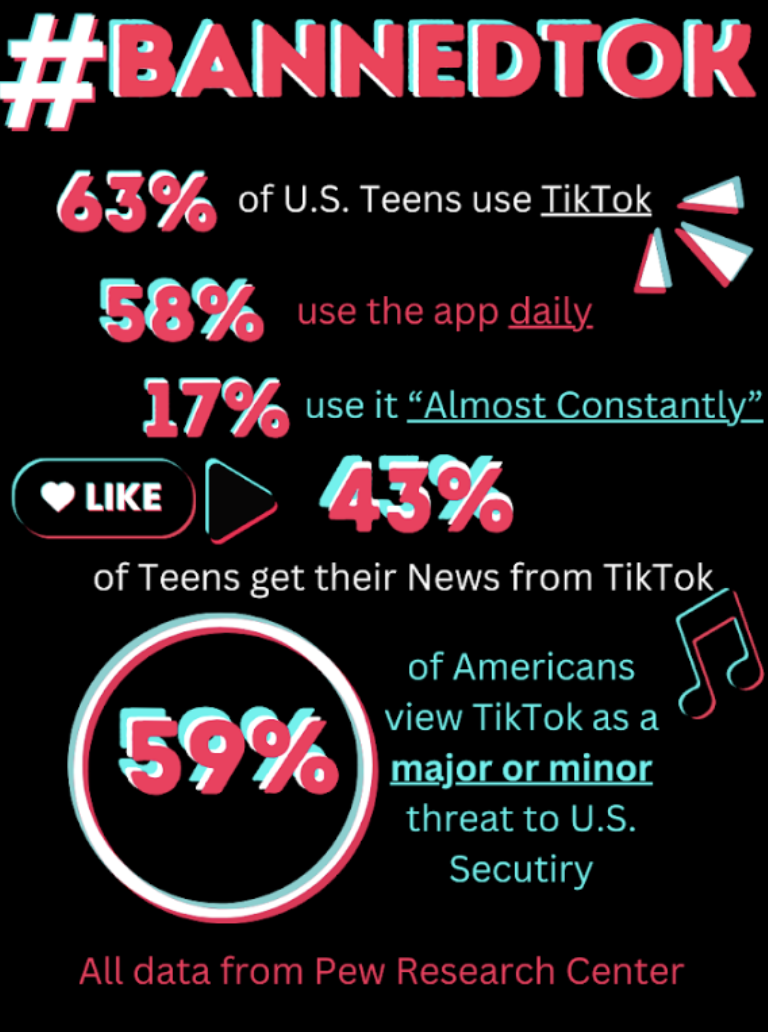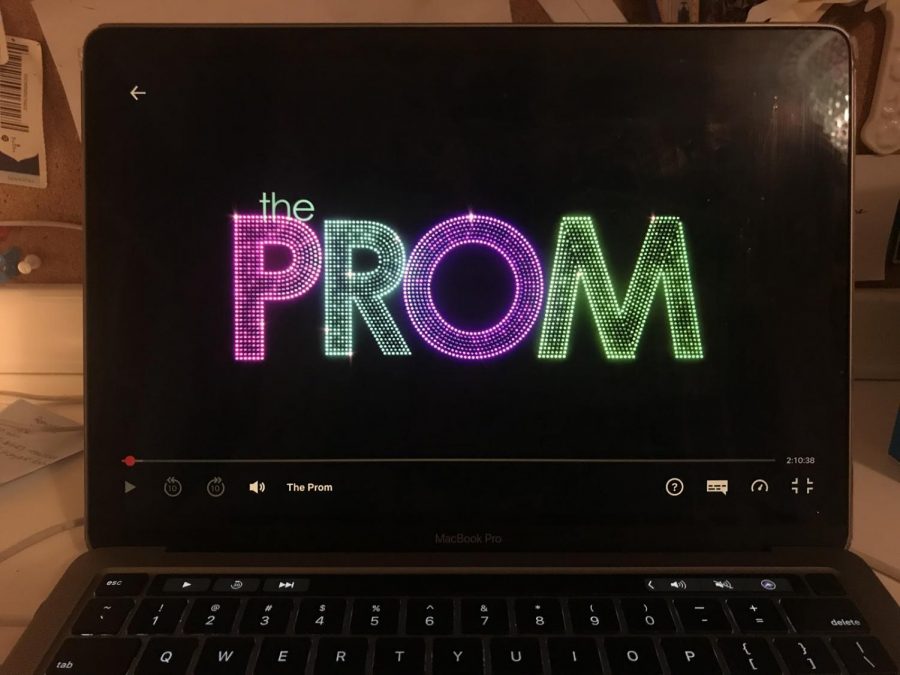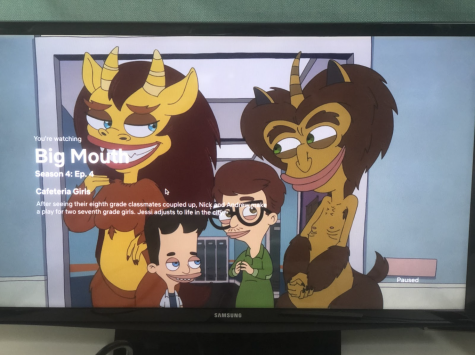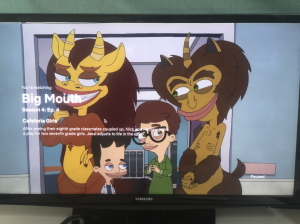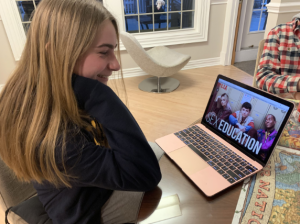‘The Prom’ checks all the wrong boxes
“The Prom” was released on Netflix on Friday Dec. 11. It is the adapted screen version of the Broadway musical by the same name.
If you are scrolling through Netflix, looking for a new movie to entertain you for the night, I would keep scrolling if you see “The Prom.” Although Ryan Murphy’s adaptation of the stage show version by Chad Beguelin and Bob Martin includes important messages about intolerance and brings out the Broadway glamor that many have missed out on this year, Murphy’s attempt to blend these two components together has, unfortunately, been unsuccessful.
The curtain opens with glitzy actress Dee Dee Allen (Meryl Streep) and campy, openly gay actor Barry Glickman (James Corden) on the opening night of the fictional Broadway musical “Eleanor!”: an Eleanor Roosevelt musical. A scathing press review that characterizes Dee Dee and Barry as aging narcissists, leads the Broadway stars, along with long-time chorus girl Angie Dickinson (Nicole Kidman) and Julliard graduate Trent Oliver (Andrew Rannells), to take on a cause to redeem themselves.
Emma Nolan (Jo Ellen Pellman) is a high school senior who just wants to take her girlfriend to prom, but a conservative PTA head and an intolerant student body refuse and cancel the prom, rather than let a homosexual person attend.
The Broadway gang chooses Emma as their project for redemption and heads to the conservative town of Edgewater, Indiana.
Though this film wouldn’t be a candidate for my movie recommendations list, there are still parts of it that deserve praise.
Most notably, the story nicely highlights the realistic truth that being gay is blown out of proportion. During The PTA meetings discussion of prom in accordance with Emma being a lesbian, the arguments strewn about were entirely baseless. Fallacious claims ranged from the government infringing on their freedom of choice to not wanting a “homosexual prom”.
“I just want to go to prom like any other kid,” Emma said, and it’s as simple as that.
But while the messages about the LGBTQ+ community are admirable alone, paired with Murphy’s excessive Broadway flair and impressive cast, the movie is a recipe for disaster.
The vivacious dance numbers, the hairspray-esque outfits and the effervescent A-lister cast are a joy to watch. However, these elements become overwhelming when bonded with the more exigent issues that Emma must endure, like many other homosexual teenagers in America. It makes several parts of the film feel misplaced, like pineapple on pizza, or dieting on Thanksgiving.
As for the cast itself, I was thrilled to watch a movie featuring Meryl Streep. But while there will always be a place in my heart for Meryl, her three Oscars only weighed down the film. Her character Dee Dee struggles with her own self-obsession, more focused on stealing back the spotlight than helping Emma. Dee Dee’s ego coupled with Streep and all her glory becomes simply too overpowering as the story progresses.
As for Corden, his portrayal of Barry felt awkward and quite offensive towards the gay community. Corden’s performance is a grave misinterpretation of what “gay” means, leaning too far into the stereotypes as if they are the makeup of Barry’s character. The flamboyant flourishes only add to the ambiguity around the story’s main message.
So it isn’t the storyline and songs, but Murphy’s fixation on a polished cast, rather than the importance of acceptance, which drives it all into overkill. I rate “The Prom” a 2/5.

Broadcast Director Anna Diorio ’23 entered Staples deeply hoping to become a part of something in the school community. Inklings proved to be a place...

